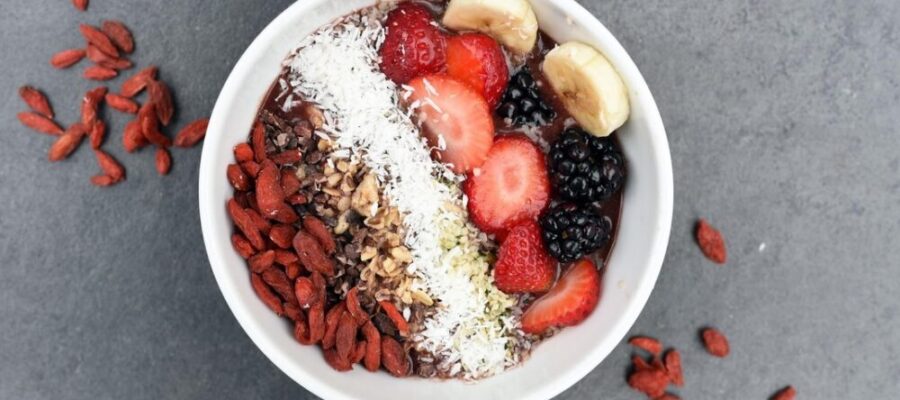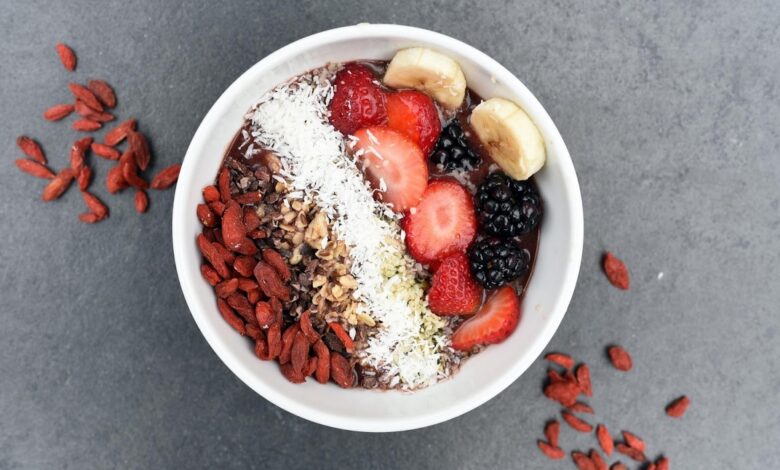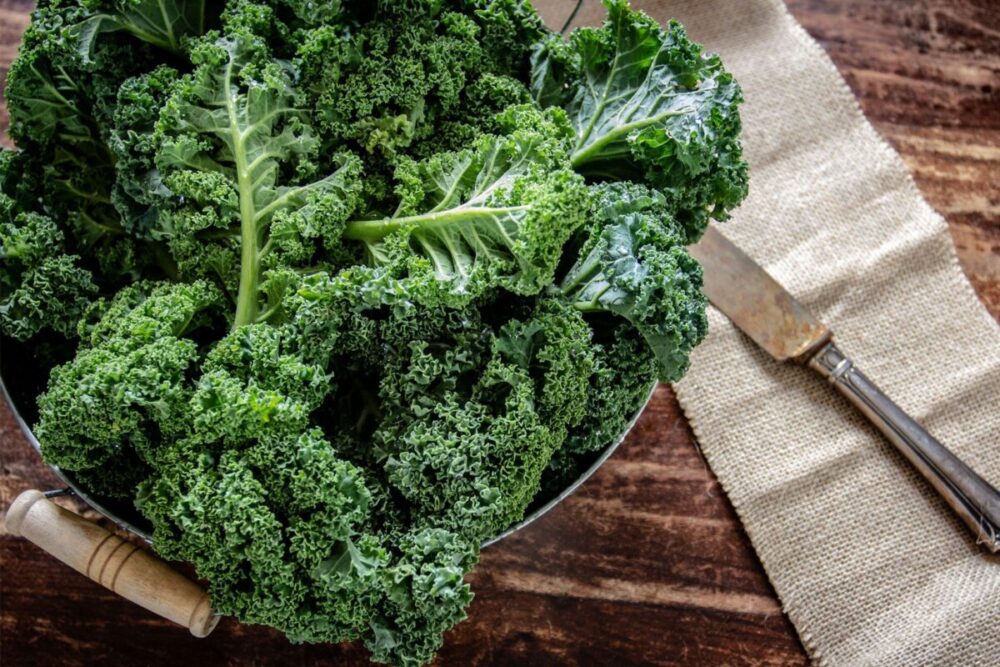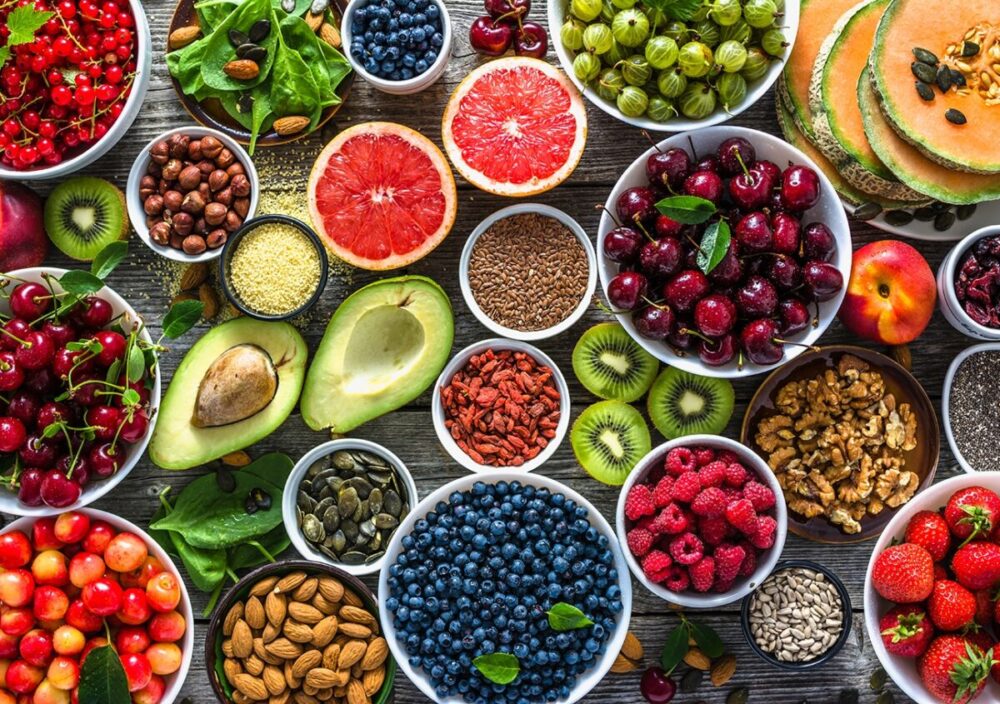Superfoods have soared in popularity in recent years, touted as nutritional powerhouses packed with essential vitamins, minerals, and antioxidants. From celebrities to health influencers, it seems like everyone is jumping on the superfood bandwagon. But how much of the hype surrounding these superfoods is scientifically backed and justifiable? Let’s dive deep into the science of superfoods and see if incorporating them into your daily diet can indeed boost your health and fitness.
What Are Superfoods?
Although there is no formal definition, superfoods are typically plant-based foods that are rich in nutrients, antioxidants, and health-promoting compounds. They’re often associated with supporting better health, fighting disease, and promoting overall well-being. Some popular examples include kale, blueberries, chia seeds, and quinoa.
Several superfoods have indeed shown promising health benefits in terms of their nutritional profile. Here’s a quick overview of some popular superfoods and their potential benefits:
- Kale: High in vitamins A and C, calcium, and phytonutrients with antioxidant and anti-inflammatory properties.
- Blueberries: Packed with antioxidants, especially anthocyanins, that may help protect against cellular damage and prevent chronic diseases.
- Quinoa: High in fiber, protein, and essential amino acids, making it a great choice for vegetarians and those looking for a nutritious and balanced diet.
- Chia Seeds: Rich in omega-3 fatty acids, fiber, protein, and minerals, known to support heart and brain health.
Fact or Fiction?
While it’s true that many superfoods pack a nutritional punch, there is still plenty of debate among experts about their ability to live up to their lofty health claims. Some studies have shown positive results, while others are less conclusive. It’s important to remember that research is always evolving, and what might work for one person may not necessarily hold true for another. In other words, the science behind superfoods is not black and white and warrants further investigation.
Beyond consuming superfoods, it might be advantageous to include dietary supplements that complement their benefits, such as the best supplement for Candida. This type of supplement may aid in maintaining a healthy gut balance and support your overall well-being when taken alongside a diet rich in superfoods.
A Balanced Approach to Nutrition
Instead of solely focusing on incorporating the latest superfood into your diet, it’s important to prioritize a balanced, varied, and wholesome diet. Superfoods can certainly complement and enhance your nutrition, but they should not replace a well-rounded diet that includes a wide variety of fruits, vegetables, whole grains, lean proteins, and healthy fats. By doing so, you’ll not only reap the benefits of individual superfoods but also ensure you’re getting the full range of essential nutrients your body needs for optimal health.
It’s essential to remember that the term ‘superfood’ can be misleading because not all superfoods have the same nutrient levels or potential health benefits. Some superfoods may be more effective and beneficial than others. For instance, while blueberries may have high antioxidant content, other berries like raspberries and blackberries can also provide similar benefits. It’s crucial to do your research and not to hinge your entire dietary system on one specific superfood.
Understanding the Hype
It is crucial to be aware of the marketing hype that often surrounds superfoods. Many companies and health influencers may promote superfoods with exaggerated claims in order to sell products and attract attention. When deciding to include superfoods in your diet, be sure to rely on reputable sources and scientific studies, avoiding overconsumption based solely on buzzworthy endorsements.
Another relevant factor to consider when it comes to superfoods is their accessibility and affordability. Some popular superfoods may come with a higher price tag, making them less accessible to everyone. It is important to remember that there are countless nutritious and affordable options available, such as fruits, vegetables, and whole grains that can provide many of the same health benefits as pricier alternatives. Opt for local and in-season produce when available, not only to support your local economy but also to consume more nutrient-dense food items.
Conclusion
Superfoods can provide valuable nutrients and antioxidants to support a healthy lifestyle. They can play a part in a balanced diet and boost your overall health, fitness, and well-being when consumed appropriately. However, it’s essential to recognize that incorporating superfoods alone won’t guarantee better health – a balanced, varied, and nutrient-dense diet remains the cornerstone of optimum health. Be wary of the hype, do your research, and focus on a well-rounded diet that includes a variety of nutrient-rich foods that can be your best bet for living your healthiest life.
Source: Read Full Article





